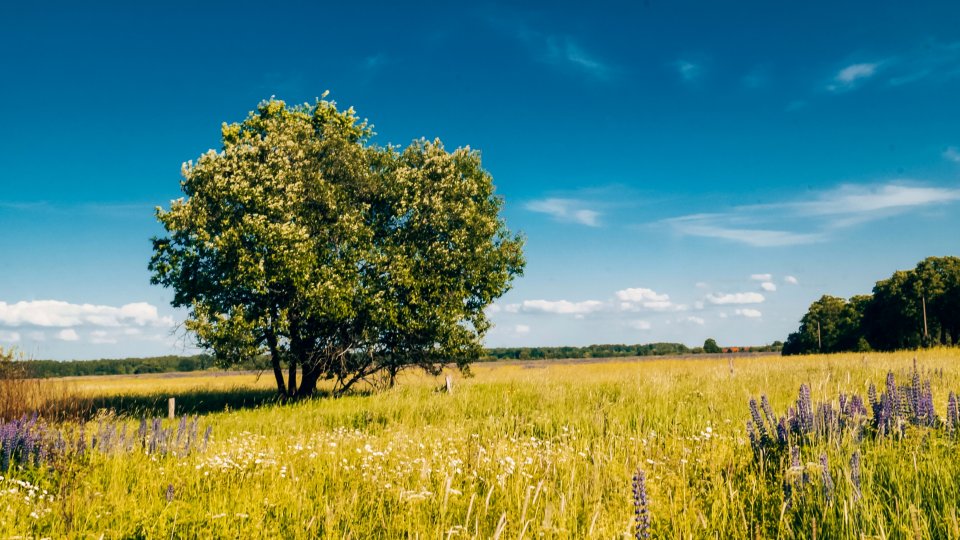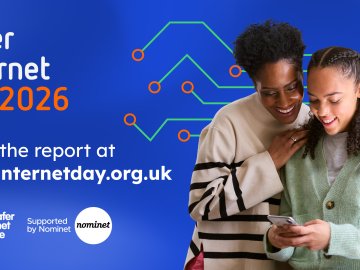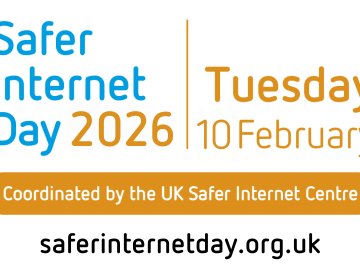Report Harmful Content (RHC) are pleased to support Mental Health Awareness Week 2021. The Mental Health Foundation coordinates this week in the UK and the theme is ‘Nature’, exploring how connecting with the natural world can support good mental health. It might be just the nudge you need to re-assess the balance between different areas of life, all in the pursuit of improving your own mental health.
As the UK begins to ease restrictions, there are likely to be aspects of life which won’t revert back to how things were before the pandemic. Let’s take the example of remote working: according to the Chartered Institute for Personnel Development, approximately 5% of the UK’s workforce worked from home pre-pandemic and this number has increased dramatically since the first lockdown in April 2020. Recent findings from a Direct Line Survey suggest that 44% of workers will request to continue some form of flexible working, most commonly home working, post-pandemic.
Why is this Important and What Does it Have to do with Mental Health?
Home working of course has a multitude of benefits: flexibility to work around personal commitments and virtual meetings saving travel costs to name a couple. Contrary to this, boundaries between home and work life have become increasingly blurred: the pressure felt to be continually connected and responsive to incremental workplace demands whilst juggling family life has been difficult to manage. In particular, parents have been feeling the strain. A recent Oxford University Co-Space study found a sharp increase in the number of parents/carers who reported that they could not meet the needs of both their child and their work in the second national lockdown. Reading findings like this, we have to ask: do the benefits of home working in part come at the expense of our own mental health?
Online Support
To a certain extent, everyone will have spent extended periods online since April 2020 and, for some, that will come with an element of increased exposure to risk and harm online. RHC are here to help everyone report harmful content online and, if you’ve experienced or witnessed harm online, you can find advice about different types of harm and how to report content on https://reportharmfulcontent.com/ .
One of the most significant issues to be identified in RHC’s annual report 2020 was the widespread impact of online harms on mental health; 32% of RHC clients reported negative mental health impacts as a result of viewing, or being the victim of, harmful content online, with 13% reporting suicidal ideation. Read the full report here.
With many face-to-face mental health services continuing to operate remotely, it’s understandable that people may look online for support. There’s a whole array of organisations online ranging from therapeutic services to peer support communities and medical information. You can find a summary of some of those available on Mind’s website.
Getting the Right Balance
With digital technology continuing to infiltrate every area of our lives, maybe it’s logging off that’s needed to redress the balance. Physical activity, interaction with friends and colleagues offline and healthy eating/sleeping habits all contribute to positive mental health. Finding time to explore the great outdoors can become another task to add to the ‘to do list’ so try not to put too much pressure on yourself to get the balance right all of the time. If you’re finding that it’s difficult to prioritise self-care, just remember the unique restorative quality nature can have and how this is something we could all do with embracing more of from time to time.
Further Support
If you have concerns about your own or someone else’s mental health, you can find a range of organisations offering support through the Other sources of support page of RHC’s website.






